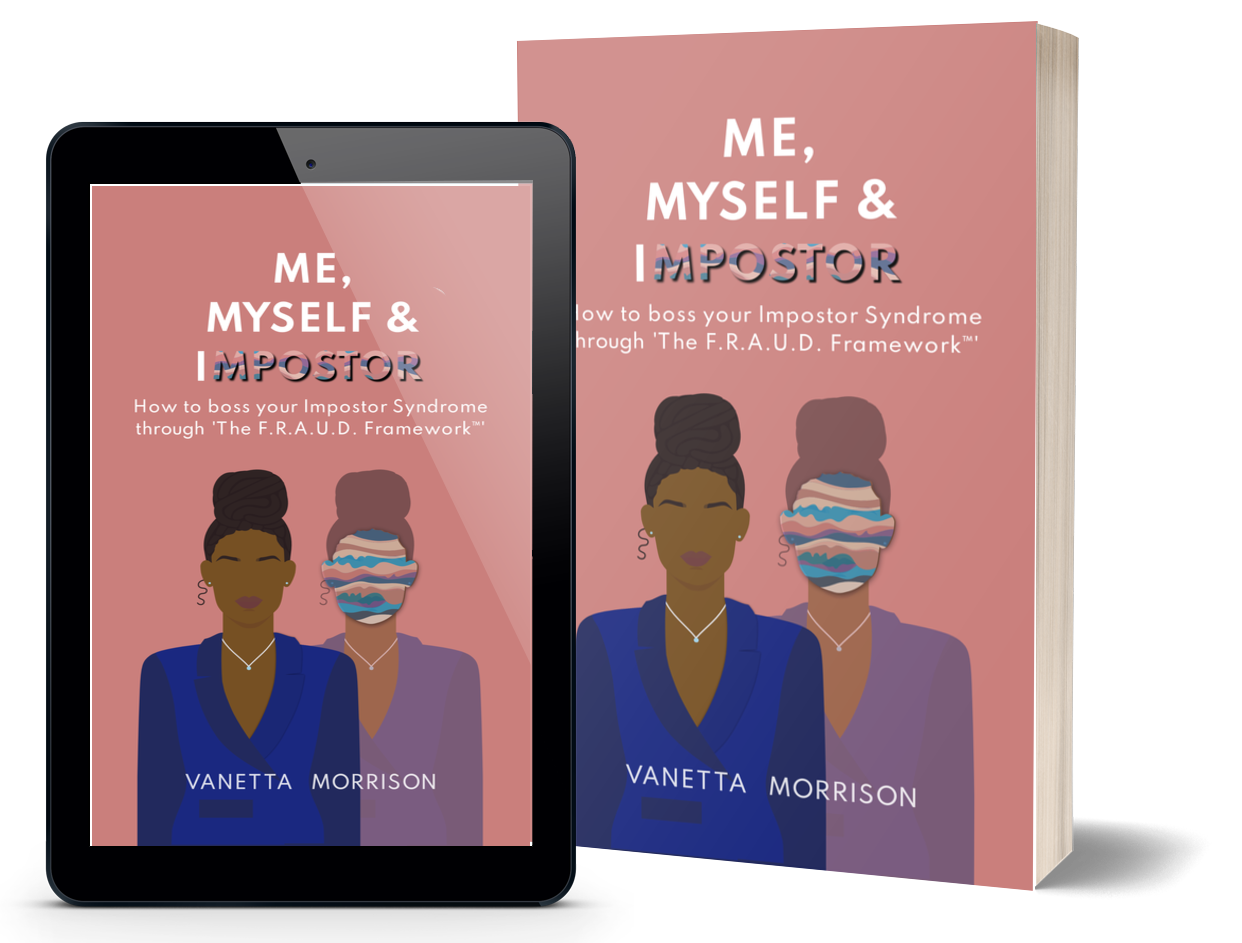#AffirmationAugust
While reflecting on what encouraging content I could share during August, the idea of running #AffirmationAugust came to mind – a month of posting Positive Affirmations each day.
It’s been a long season for so many of us. More everyday restrictions, more conflict and maybe even more death than most of us are used to.
As much as we may not be able to change our external realities much right now, we can still have a mentally and emotionally hopeful, positive and encouraging summer by taking time to affirm ourselves.
Defining Affirmations
The Online Etymology Dictionary defines the word affirmation as: “Assertion something is true; to make steady, strengthen, confirm”.
Whereas the American Psychology Association states that a self-affirmation (the type we will be talking about) is:
“…a positive statement or set of such statements about the self that a person is required to repeat on a regular basis, often as part of a treatment for depression, negative thinking, or low self-esteem.”
As such, I would say positive self-affirmations are declarations of encouragement designed to strengthen our sense of self when habitually spoken and intentionally lived.
Let’s dive a little deeper into this definition.
1. Habitually Spoken
Many of us may have already heard about positive affirmations and some of us may have even already tried them, to no avail.
Yet, there is scientific research providing an evidence base that positive affirmations, also referred to as positive self-talk, make a measurable difference to both the quality and longevity of people’s lives.
However, to access those benefits, consistency is key.
This is because our brain naturally reinforces what is already common to us (known as Confirmation Bias).
So if we commonly think negatively, our brain is more inclined to think negatively and even predict future outcomes to be more negative.
However, if we consistently train our brain to think positively, it will gradually change its default expectation mechanism to challenge our negative defaults and maybe even expect more positive outcomes.
2. Intentionally Lived
However, some research shows, affirmations don’t just work because we say so. We can’t just speak ourselves healthier for example.
In fact, for people with low self esteem, if their affirmations are the complete opposite of their current lives, positive affirmations can end up being detrimental to their mental health.
For affirmations to work for us, they need to be aligned with our existing values. If we don’t value success or don’t consider ourselves as successful for example, repeating ‘I embody success’ to ourselves will be more ruinous than reassuring. This is because the blatant incongruence between what we are saying and what we truly believe will increase feelings of self doubt and being a fraud.
To reduce this incongruence and feelings of fraudulence, we can choose to:
- work on our core beliefs and/or
- work on our values and/or
- focus on affirmations already aligned with our values (the easiest option)
so that we can end up intentionally living towards the realisation of those affirmations.
When doing so, it is not about being perfect in accomplishing the truth of the affirmations. Instead, research shows that committing our best effort towards the fulfilment of the affirmation is more helpful than aiming for a specific level of competence.
The Power of Affirmations
There is ample research out there that heralds the benefits of talking to ourselves with more compassion and optimism.
Among many other things, positive affirmations are said to:
- Reduce stress
- Improve quality of life
- Reduce pain
- Increase life expectancy and
- Boost the immune system
It’s like the multivitamins of psychology – a great supplement to an already nutritious diet.
But remember, supplements can only help so much if our staple diet is unhealthy – it’s the same way with affirmations. They can only help so much if our overall mental health is deteriorating.
Should you be in a mental health crisis, affirmations aren’t your best bet, speaking to a specialist is.
Creating Affirmations
With all of the above said, if you are interested in creating your own affirmations, there is a suggested format to get the best results:
- Write your affirmations as “I” or “I am” statements – this speaks to your identity
- Write positive affirmations – negative statements don’t inspire
- Write your affirmations in present tense – this rewires your brain to believe it
- Write emotive statements – this makes them sound less like chores and more like aspirations
- Write value-aligned affirmations – this makes you feel less incongruent
- Write strengths-based affirmations – those you have and want to have
Affirmation Examples
If you follow me on Instagram you know I’ve been releasing one affirmation a day since the start of the month.
Below are some of the examples.
Feel free to choose one that stands out to you and consider doing some journalling around it too.
Now What?
It’s clear positive affirmations are not as cut and dry as many of us might assume.
There are some great benefits associated with positive affirmations, if they are regularly spoken and aligned with pre-existing values.
Affirmations can’t cure depression, anxiety or other mental illnesses, but they can be the first step in challenging negative thought patterns and replacing them with positive ones.
If you need help working through negative thoughts and feelings, please feel free to book a free consultation with me.
Here, and honoured to help,
Vanetta








